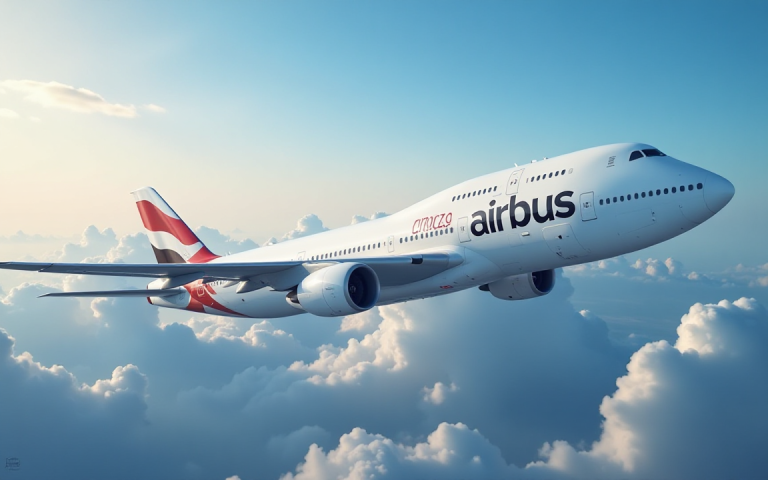The European Union is intensifying efforts to finalize a trade agreement with the United States before August 1, when sweeping tariffs on EU exports are set to take effect.
According to EU estimates, the new duties would impact €380 billion ($445 billion) of goods, approximately 70% of the bloc’s exports to the US.
If no preliminary deal is reached, nearly all EU exports could face tariffs of up to 50%, significantly raising costs for exporters across the continent.
The European Commission, which leads trade talks on behalf of the bloc, is currently working on a provisional agreement that would cap tariffs at 10% while a permanent deal is negotiated.
The deal-in-progress is prioritizing carve-outs for politically sensitive and economically strategic industries, including commercial aircraft, automobiles, and spirits.
Airbus and aviation sector may receive relief
One of the most high-profile sectors in the talks is aviation, with the Commission pushing for exemptions that would benefit Airbus SE, the EU’s flagship aircraft manufacturer, reported Bloomberg.
The goal is to shield Airbus from an additional 10% tariff that EU officials have described as creating unfair competition with US-based Boeing.
Airbus has the advantage of operating in multiple countries.
Airbus operates a complex global manufacturing network, with presence in Hamburg, Tianjin, Mobile (Alabama), and Mirabel (Canada), with its main headquarters in Toulouse (France).
This global footprint enables Airbus to produce jets closer to major markets, including the US and China.
By contrast, Boeing manufactures exclusively in the US.
US Transportation Secretary Sean Duffy indicated support for reverting to terms from the 1979 trade agreement, which previously exempted aircraft and parts from cross-border tariffs.
Speaking at the Paris Air Show last month, Duffy said, “We should take aviation off the negotiating table… that only helps us take some tools away from our trading partners where it might be beneficial to us.”
Automakers seek quotas and local production-based exemptions
The EU is also negotiating for quotas and exemptions to reduce the impact of US tariffs on automobiles, car parts, and raw materials such as steel and aluminum, which are currently subject to 25% and 50% duties, respectively.
The talks are particularly critical for German carmakers like BMW, Mercedes-Benz, and Volkswagen, whose larger SUV models depend heavily on sales in the US.
These firms are also navigating declining sales in China, where local competitors such as BYD Co. are gaining ground.
Porsche AG and Mercedes both reported lower deliveries in North America and China this week.
An “offsetting mechanism” under discussion would allow EU-based automakers with US plants to export a certain number of vehicles tariff-free, offering a potential advantage to companies such as BMW, Mercedes, and Volkswagen.
However, luxury brands like Porsche and Ferrari, which do not operate US factories, would not benefit from such a rule, added the report.
Volkswagen’s Audi is considering starting US production, with a site decision expected later this year.
Mercedes, meanwhile, is preparing to shift production of its GLC SUV to its Alabama plant by 2027.
The post EU’s US trade deal to help Airbus, BMW, Mercedes-Benz: report appeared first on Invezz

